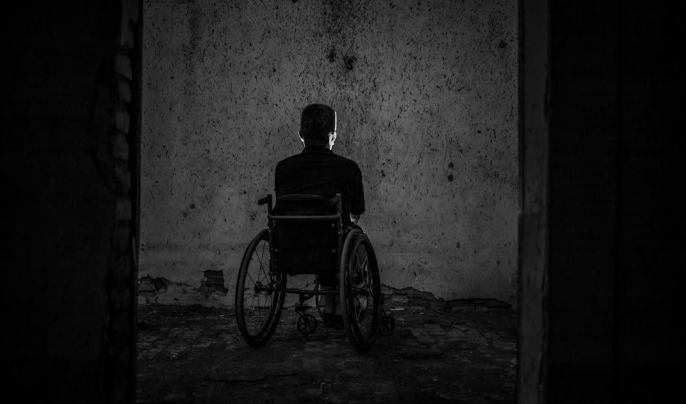Advancing inclusion and special-needs education

Inclusive education is a progressive approach that ensures every child, regardless of their physical, intellectual, emotional, or social condition, can access quality education within mainstream systems. It emphasises the right of children with disabilities to learn alongside their peers in supportive environments that recognise and accommodate their unique needs. As countries like Kenya align with global commitments such as the United Nations Convention on the Rights of Persons with Disabilities and Sustainable Development Goal 4, inclusion in education is increasingly seen as a cornerstone of equity and social justice.
Despite this momentum, numerous systemic barriers still prevent full inclusion for learners with disabilities in Kenya. These barriers span physical, attitudinal, curricular, and socioeconomic dimensions. Physically, many schools lack essential infrastructure, like ramps, accessible toilets, and suitable transport, making daily attendance difficult or impossible for some learners. Such structural shortcomings isolate children and deny them equal learning opportunities.
Attitudinal barriers, though less visible, are just as harmful. Persistent stigma and misconceptions about disability among teachers, peers, and even families lead to exclusion and low expectations. Children with disabilities are often seen as incapable of learning, which stifles their academic and social development. These negative beliefs contribute to classroom marginalisation and damage self-esteem.
The current curriculum also poses challenges. Designed with the average learner in mind, it fails to cater to students who need alternative formats such as Braille, sign language, or simplified materials. Without individualised education plans or differentiated teaching, children with special needs struggle to keep up, further widening the achievement gap.
A significant obstacle to implementing inclusive education is the shortage of trained personnel. Many teachers lack the skills necessary to manage diverse classrooms and support learners with disabilities. Additionally, there are few specialised staff—like therapists, interpreters, and learning assistants, particularly in public schools. This lack of expertise undermines efforts to provide inclusive and supportive learning environments.
Economic hardship further complicates access to education for children with disabilities.
Addressing these multifaceted challenges requires a comprehensive strategy that includes investment in inclusive infrastructure, curriculum reform, teacher training, and widespread public awareness. Only through such efforts can the vision of equitable education be realised.
Funding remains a significant hurdle. In the 2022/23 financial year, the Kenyan government allocated Kshs. 12,510 per learner for special needs and Kshs. 23,000 for boarding, but stakeholders argue these figures fall short of the actual costs involved. Ultimately, inclusion benefits all. By dismantling barriers and empowering every learner, we build a society where everyone can contribute meaningfully. I poignantly conclude that “we are all candidates of disability.” Inclusion is not charity—it is a necessity for a just and sustainable future.
-The writer is a Professor of Chemistry at the University of Eldoret, a former Vice-Chancellor, an Education Expert, and a Quality Assurance Consultant; okothmdo@uoeld.ac.ke –















